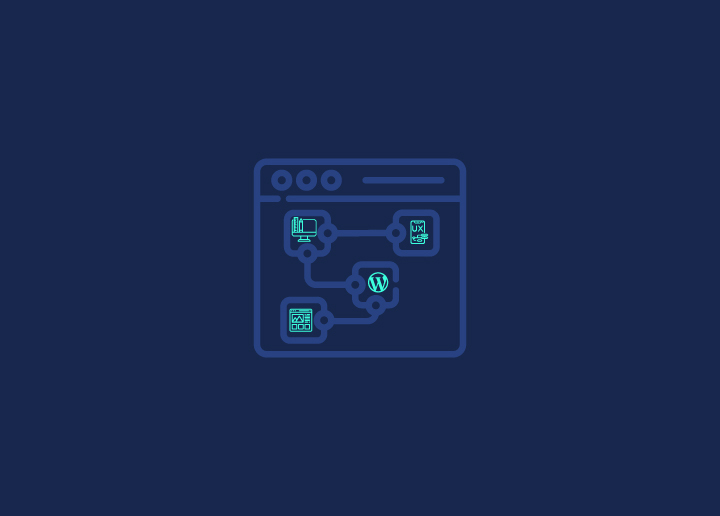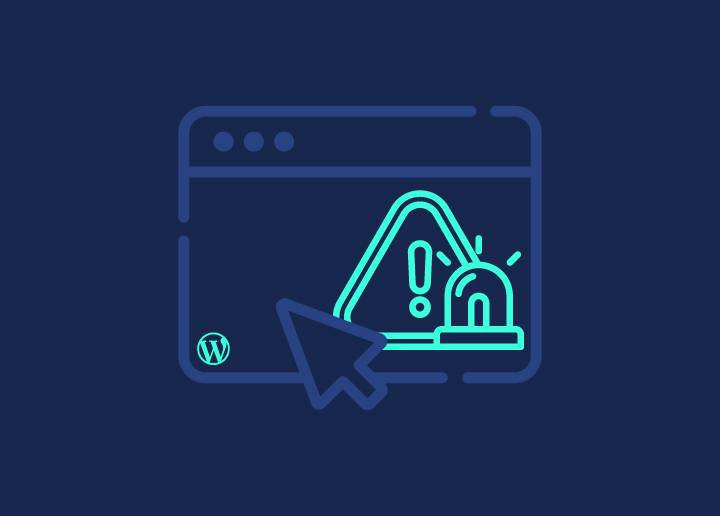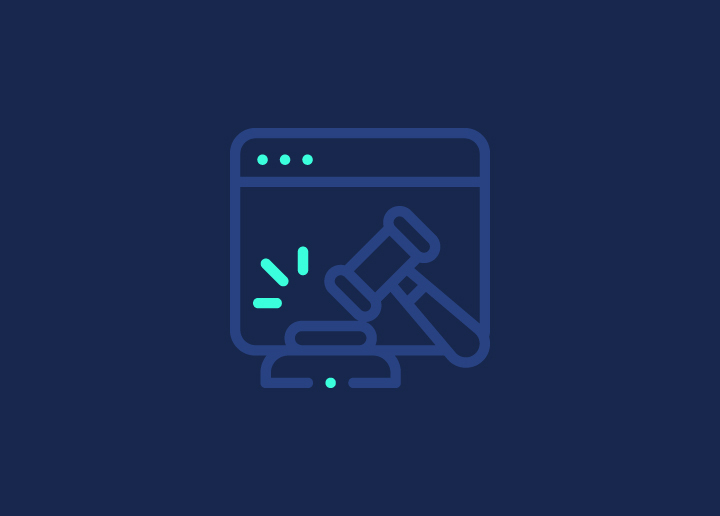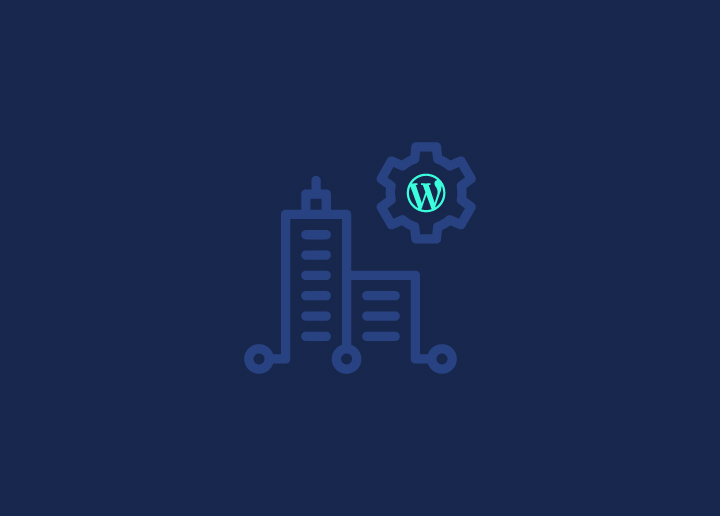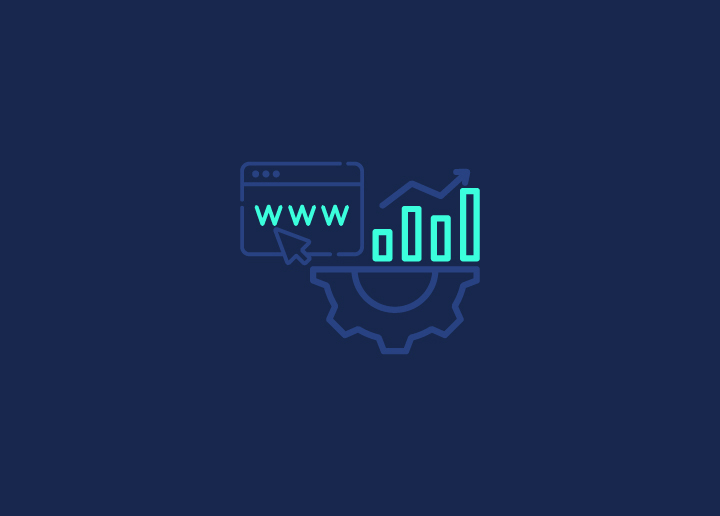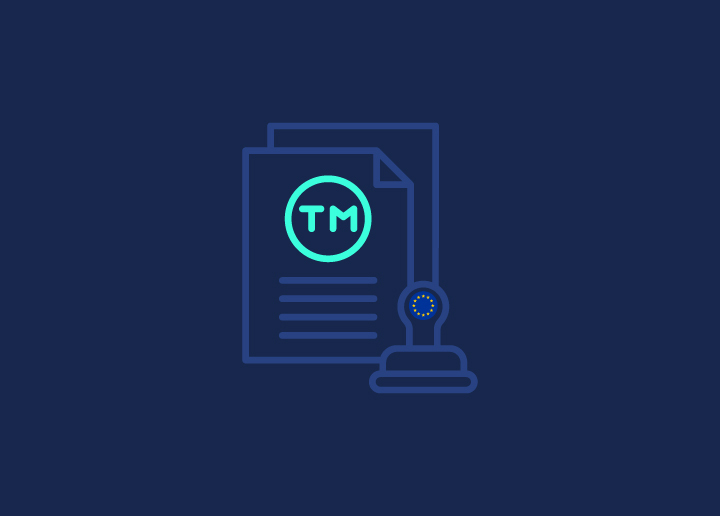What differentiates a high-performing website from the rest? The answer lies in understanding and perfecting the essential pillars of website performance. It’s not just about aesthetic design or content; it’s a combination of user experience, technology integration, and overall responsiveness. This article outlines the core aspects that matter most, offering targeted insights without jargon so you can focus on driving your website to new heights of success.
Contents
ToggleEssential Pillars of Website Performance
Entering the domain of website performance, it becomes evident that it’s a complex concept. Fundamentally, website performance revolves around:
- Technology
- User experience
- Retention
- Conversion
These pillars serve as a framework, necessary to enhance audience engagement time and boost traffic to your site. A website’s performance and user experience significantly impact conversions and customer retention. It reflects the site’s effectiveness in keeping visitors engaged and converting them into customers. In essence, a highly-performing website is the key to long-term customer success.
Related: Tools To Test WordPress Performance And Speed
Skyrocket Your Website’s Performance Through Our Site Optimization Services
From lightning-fast loading times to user-friendly design, we know the key elements to make your website soar to new heights.
Website Development
At the heart of every high-performing website is a solid foundation of technology. The choice of technology sets the stage for all subsequent aspects of website development, making it the initial cornerstone of website design. However, creating a website isn’t an isolated task. It necessitates ongoing testing to recognize any challenges and areas for growth.

To gather performance data is central to this process, including backend development processes. It enables developers to assess the influence of modifications and fine-tune them by analyzing their impact on overall performance metrics. Maintaining strong frontend performance, particularly when integrating new features or modifying existing plugins, also calls for regular testing and updated performance data.
Related: Best WordPress Development Agencies
Website Performance and Hosting
Your selection of web hosting can have a substantial effect on both the frontend and backend performance of your website. A reliable hosting provider can offer performance-enhancing features such as caching and a global Content Delivery Network (CDN).

Selecting a dependable web hosting service comes with numerous advantages. It enhances site performance, provides exceptional technical support, increases security measures, and offers increased scalability and flexibility. Thus, web hosting is not an area to overlook when aiming to enhance your website’s performance.
Learn: Top Reasons To Avoid Hosting Your Own Videos
Website Speed
Slow speed can impact a user’s experience, leading to higher bounce rates, lower conversions, and user frustration. The speed of a website plays a significant role in maintaining user engagement and substantially affects conversion rates. Website speed is not just about rapid page loads; it’s about offering an overall smooth and enjoyable user experience. Web performance, as measured by website speed tests, is a key indicator of user satisfaction and a foundational aspect to ensure success across the web.
Read: Ultimate Guide For WordPress Speed Optimization
Mobile Responsiveness

In today’s mobile-centric world, your website must be responsive and compatible with all devices. Responsive design pertains to the capacity of a website to adjust and present content correctly on various devices and screen sizes. Simply put, it ensures optimal viewing and interaction on mobile devices. Given the growing reliance on mobile devices for internet access, having a mobile-responsive website is imperative for delivering a seamless user experience.
Related: The Difference Between A Mobile Site And A Responsive Site
UX and Usability

User experience (UX) and usability are significant for delivering a favorable and satisfying experience for website visitors, contributing to improved user engagement and augmented conversions. One way to improve the UX is through enhancing elements such as Calls to Action (CTAs), menus, and headers. Moreover, minimizing friction in UX through site speed improvements can increase user engagement and improve conversion rates.
Read: Best UI/UX Portfolio Websites & Builders
Website Performance and Accessibility
Website accessibility is essential for website performance and user satisfaction. It ensures the website is available and usable for all users, including those with disabilities. Accessibility features like screen readers, keyboard navigation, and high-contrast mode help make websites easier to use for everyone, regardless of ability. Accessible websites also provide a better user experience, increasing engagement and improving search engine rankings, leading to better performance.
Related: ADA Compliance WordPress: Making Your Website Compliant
Search Engine Optimization
Search Engine Optimization (SEO) plays an important role in a website’s performance. It enhances visibility, resulting in heightened traffic and increased potential for conversions. SEO strategies include:
- Optimizing existing content
- Creating high-quality content
- Targeting long-tail keywords
- Improving technical aspects
- Enhancing user experience.
Some of the recommended SEO practices for optimizing a website include:
- Identifying the appropriate keywords
- Aligning content with search intent
- Crafting compelling title tags and meta descriptions
- Enhancing user experience
- Generating unique and high-quality content
- Optimizing website structure
- Using fast web hosting.
Learn: A Comprehensive Guide To On-Page Vs Off-Page SEO
Website Performance and Content Optimization

Content optimization is crucial for a website’s performance as it enhances the visibility and ranking of the website in search engine results pages (SERPs). Clear, concise, and engaging content effectively communicates the website’s message and encourages user interaction. Content optimization involves:
- Improving and augmenting digital content to enhance its visibility, engagement, and efficiency
- Utilizing relevant keywords
- Optimizing metadata
- Building high-quality links
- Enhancing user-friendliness.
Further reading: Ways Google’s SGE Will Affect Your Content Strategy
Navigation and Structure
Website navigation and structure play a central role in enhancing user experience. A well-organized website structure, clear language, and descriptive navigation menu titles that cater to visitor preferences result in a high-performing website.
Good navigation and structure offer a well-organized and efficient way for users to navigate the website, contributing to a positive user experience and attainment of the website’s objectives. Conversely, inadequate navigation and structure can lead to a subpar user experience, prompting visitors to exit the site and potentially leading to missed business opportunities.
Security and Privacy

Since cyber threats are common, protecting user data and ensuring website security is paramount. Utilization of the following strategies can help safeguard user data:
- Firewalls
- VPNs
- Strong password policies
- Routine data backups
- Implementation of HTTPS for data encryption
- The use of TLS/SSL certificates
- Regular software updates
- Secure hosting
Ensuring website security and user data protection builds trust and credibility with users.
Read: Monitoring Your Website: Essential Cybersecurity Measures 24/7
Analytics and Monitoring
Analytics and monitoring play a vital role in optimizing website performance. Data collection enables the identification of areas for improvement and optimization, including core web vitals metrics and lab test results. Addressing waterfall-specific data concerns can further enhance the overall performance.
Tools like Google Analytics offer valuable insights and data on visitor behavior, marketing effectiveness, and visitor metrics such as:
- Page views
- Bounce rate
- Conversion rate
- Average session duration
This data-driven approach to decision-making aids the internal development team in website performance optimization and user experience enhancement.
Continuous Website Improvement
Website performance isn’t a one-off achievement; it’s a continuous journey. Just like a garden, a high-performing website requires ongoing care and attention to ensure optimal performance and user satisfaction.

Regular updates are essential to leverage the most advanced features and capabilities that a platform has to offer. Consistent efforts to improve and optimize various aspects of a website result in a high-performing website. Ultimately, a high-performing website fosters an environment conducive to long-term customer success and satisfaction for both new and existing customers.
Read more: Website Maintenance: Why It’s Essential
Summary
From the foundational technology used in development to content optimization and continuous improvement, every aspect of your website performance matters. Each pillar is interconnected, contributing to the overall user experience, engagement, and conversion rates.
Key Takeaways
- A high-performing website relies on a foundation of technology, user experience, retention, and conversion, necessitating regular updates, testing, and optimization to maximize engagement and traffic.
- Key aspects such as web hosting, website speed, mobile responsiveness, content optimization, and navigational structure are critical for providing a seamless user experience.
Lastly, a high-performing website is not a destination but an ongoing journey. It requires continuous evaluation and enhancement. Stay committed to this journey, and your website will be a powerful asset in your digital strategy, driving conversions and enhancing user satisfaction.
Website Performance FAQs
What are the 4 pillars of website performance?
The four pillars of website performance are usability, visibility, accessibility, and credibility. These pillars are essential for the success of any website.
What are website performance pillars?
Website performance pillars are the key stages of the performance management cycle: planning, monitoring, reviewing, and rewarding. These pillars form the foundation for effective performance management.
Why is website speed important?
Website speed is important because it directly influences user satisfaction, impacting bounce rates, conversions, and overall user experience. Fast load times are crucial for retaining visitors and achieving business goals.
What is mobile responsiveness in website design?
Mobile responsiveness in website design refers to a website’s ability to adapt and display content effectively on different devices and screen sizes, such as smartphones and tablets.
What are the benefits of good navigation and structure for a website?
Good navigation and structure contribute to a positive user experience. It helps achieve the website’s objectives by providing an organized and efficient way for users to navigate the site.








